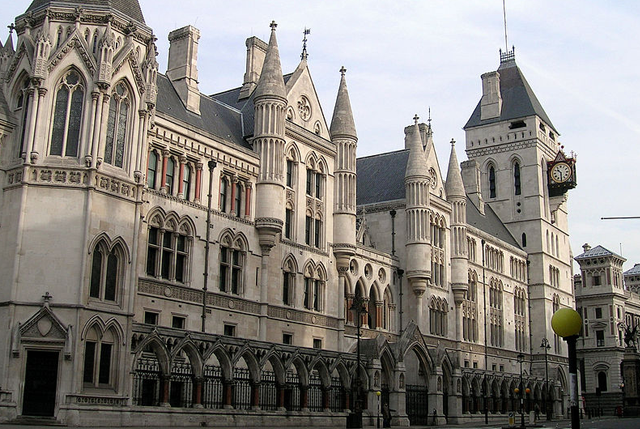


|
Postnuptial Agreements Explained |
|
|
It used to be contrary to public policy for a married couple who were living together, or a couple about to get married, to make an agreement that provided for the possibility that they might separate and how their financial assets should be distributed on separation. As a result, courts did not regard themselves as bound by postnuptial or prenuptial agreements and they were considered not worth the paper they were written on. This was contrary to the position with deeds of separation which could, in certain circumstances, be upheld.
The position under English law with pre and postnuptial agreements was contrary to many other jurisdictions, including the United States and the European Community and a hint that things would change came in the case of S v S (Matrimonial Proceedings: Appropriate Forum) [1997] when Justice Wilson said “Where the circumstances surrounding the prenuptial agreement and the provision therein contained might, when viewed in the context of the other circumstances of the case, prove influential or even crucial… we should be caution about too categorically asserting the contrary”.
Over the course of the next few years prenuptial agreements were given more weight but postnuptial agreements (i.e. settlements entered into after marriage) remained rare.
In 2006, the husband in the case of NA v MA [2006] was unsuccessful in arguing that a postnuptial agreement should be upheld which had been entered into after he discovered his wife had committed adultery with one of his friends. He pressurised her into signing an agreement that provided that she would receive a specified lump sum and annual payments if their marriage subsequently ended in divorce but the judge found that the wife had been subject to undue influence because if she did not sign the husband would not agree to the marriage continuing and did not hold her to it.
The Privy Council in the case of MacLeod v MacLeod took the view that postnuptial agreements could be treated as binding contracts. The husband and wife had married in Florida in 1994, after signing a prenuptial agreement and six years and five children later when the marriage was in difficulty they varied this agreement i.e. entered into a postnuptial agreement. Then by August 2003 the marriage had totally broken down and the Privy Council held that the 2002 agreement was valid and enforceable. They did however add the proviso that the arrangements that took effect following their separation were subject to the court’s power of variation and provisions in the agreement which tried to prevent the court from exercising its jurisdiction were void.
In the 2010 decision of Radmacher v Granatino the Supreme Court decided that the old rule that agreements providing for future separation were contrary to public policy was obsolete and that the MacLeod decision was correct but that this should apply not just to postnuptial agreements but also prenuptial agreements.
A lot of people are already aware of the possibility of having a prenuptial agreement but people often do not think about the possibility of a postnuptial agreement. A postnuptial agreement can be used in the same way as a prenuptial agreement, save it is entered into after the marriage not before, to record what a couple wish to happen with regard to financial matters in the event of their divorce. While some people take the view that this is as unromantic as entering into a prenuptial agreement it can also be very practical, particularly if the couple have been through a difficult patch and even involved lawyers so know how hard it is to predict what will happen in the event of a divorce. They need to be willing to consider each other’s point of view (and the advice that each other have received) and try and come up with a settlement that takes into account both of their priorities and is fair to both. it is important to appreciate that the agreement will not necessarily be binding on the courts (in the same way as prenuptial agreements are not) but may be taken into account and if, at the time of the divorce, the judge is of the view that those arrangements were fair then it is likely the postnuptial agreement will be very persuasive if not binding.
It is therefore important that if a couple are considering having a postnuptial agreement they both have the benefit of independent legal advice and there should be full disclosure of their respective financial positions. If there are children or children are a possibility in the future then it is essential that reasonable provision is made for them, including in relation to their housing as minors and maintenance, which could include spousal maintenance if one parent is giving up work. The potential advantage of agreeing matters whilst together is that a couple may be more able to see each other’s point of view and deal with things objectively without the emotion that can accompany settlement discussions following the breakdown of a marriage.
Potentially this could avoid thousands of pounds worth of legal fees and months of delay in the unfortunate event that the marriage does subsequently break down.
Written by Kirstie Law Solicitor, Collaborative Lawyer and Mediator
at Thomson Snell & Passmore. Visit www.ts-p.co.uk for further information. |
|